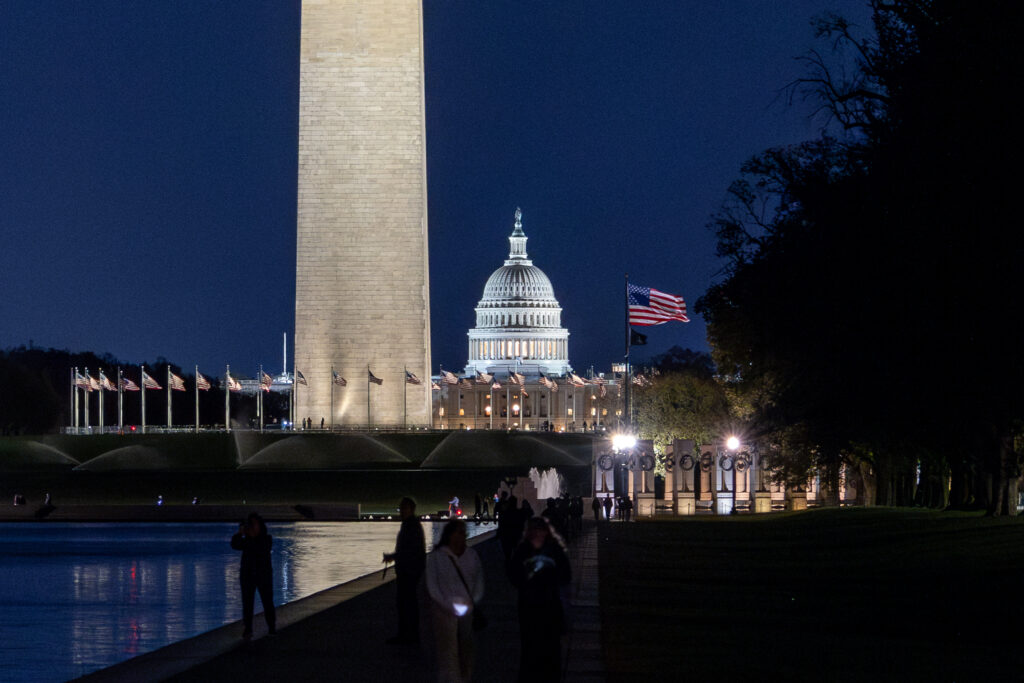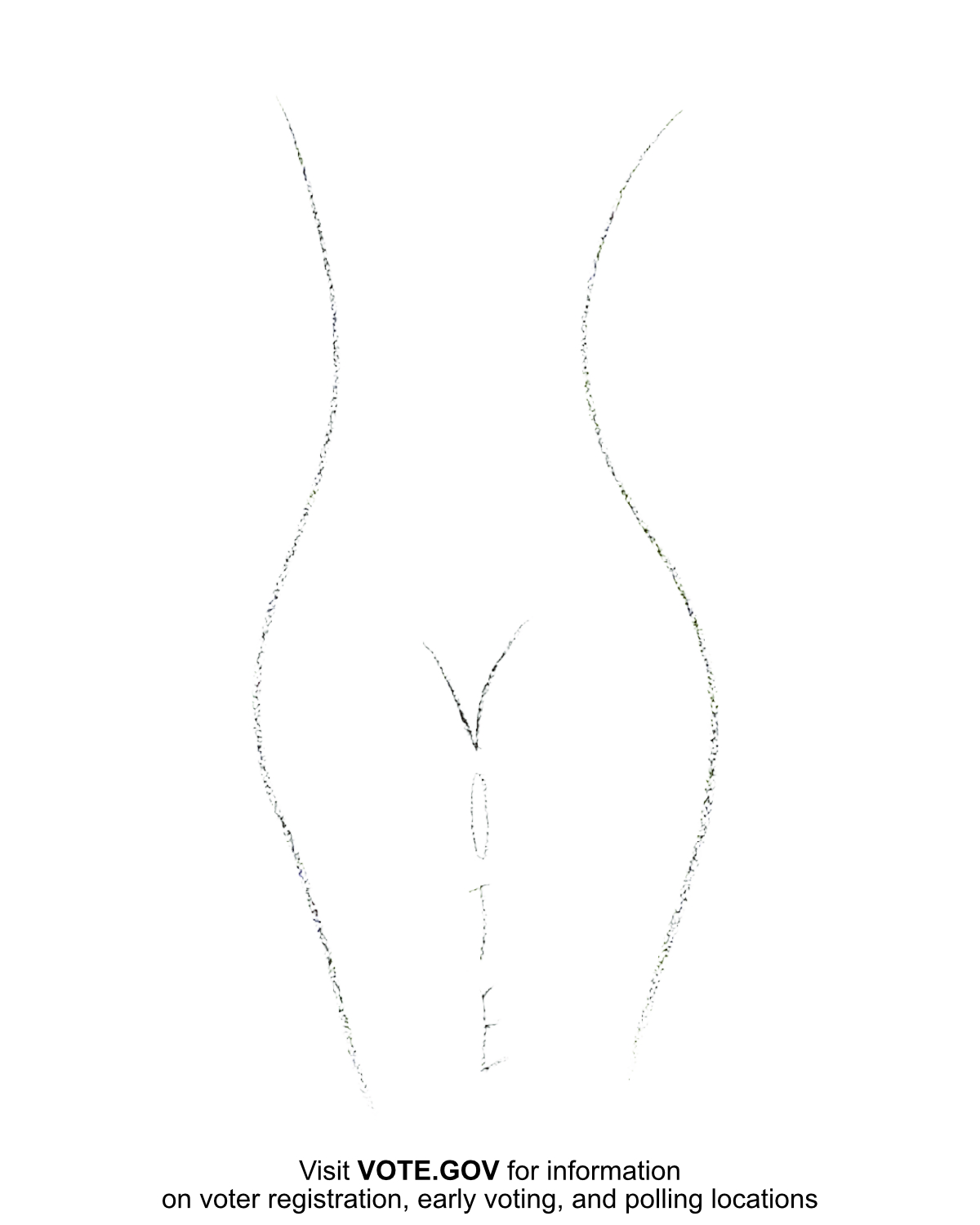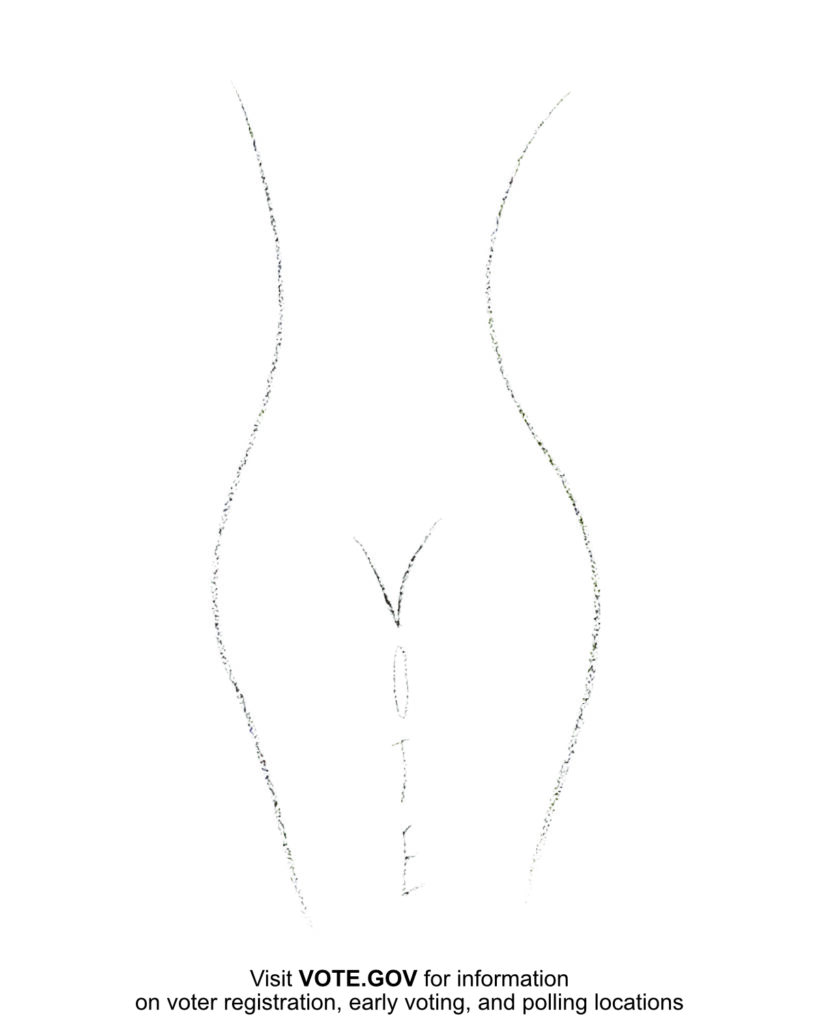As a plurality of Americans voted for Trump to return to office, I have struggled with the implications for myself and our nation. For me, the election was a simple character judgment: Trump, in my opinion, is not fit for the office. Apparently, a plurality of Americans feel otherwise.
This divergence has forced me to confront my own blind spots and consider how to build a positive future. I see two responses: 1) to turn to cynicism and say “nothing matters, might as well get mine,” discarding our virtues and joining the culture of greed or 2) to grow the world we want to see through our own example. To me, the only plausible option is the second — to show kindness, to advocate for the vulnerable, and to work hard to preserve that which we hold most dear. I believe this applies to most Americans; the malice being wrought on our nation is not the malice with which the majority voted, including many who voted for Trump.
One constant is that Americans desire a change in the status quo. We have alternated parties every election for 12 years now by the slimmest of margins because so many people say “both sides are the same – they’re all bought.” Since the Citizen’s United ruling, the increasing influence of capital is a rot at the core of the American Dream. There are two tiers of justice in this country – one for the rich and privileged and another for the rest of us. The words “Equal Justice under Law” are engraved above the Supreme Court — a cosmic joke in the wake of blanket pardons and presidential immunity. With few exceptions, we have not been able to address that fundamental inequality on the national stage.
However, both sides are not the same. One of the things that will be under assault these next 4 years is the very notion of a “public good” – whether there are services that benefit us all, despite the cost, or whether the only metric of success is profit. Do we embrace the opportunity cost of having a society? Will our public lands be sold at auction? Will health care in this country be further eroded? Will we continue to ignore the cry of the hungry and downtrodden?
Another insight is the necessity of accepting that individuals can and do change. Our politics have become increasingly polarized, leaving little room for evolving views. Biden’s long public service record included several shifts in perspective, a liability in his campaigns. On the right, JD Vance once called his President “Hitler”. However, if only the right accepts epiphany, our culture can only move in one direction – towards the side that welcomes changed hearts. If the left is caught in demonizing everyone for past support or the rigid demands of purity tests, we do not give grace for change or meeting people where they are. When you are the minority party, you have to accept that while past support would’ve been great, the next best thing is earning support in the present.
This is especially important when building coalitions to address particular concerns. Issue-based advocacy cannot be compromised by holistic philosophies. For example, when building a coalition to protect our public lands – something 80% of Americans support – there will be differences of opinion on other issues, such as Gaza, LGBTQ+ rights, and settler colonialism. As a complexity scientist, I understand that everything is connected, but forcing too many intersections only shrinks the movement. By concentrating on tangible goals, such as reinstating probationary employees at National Parks, we create opportunities for incremental, measurable progress, like rehiring seasonal workers.
This has become a blueprint for my own approach with Exploring the Frontier. When every outrage demands our full attention, we risk diluting our impact. Narrowing our focus allows us to concentrate our energy and achieve sustainable results. My creative efforts depend on public goods, such as protected lands and scientific agencies like NASA, NOAA, and USGS. Recent disruptions to these institutions threaten both my pursuits and the broader public’s access. In response, I am pivoting my platform to principled advocacy to ensure their survival.
However, flooding my audience with too much doom and gloom can deter engagement, while mere awareness without action leads nowhere. Therefore, I’ve decided on three ground rules for my advocacy:
- Address one issue a day.
- Limit focus to conservation, public lands, and climate change.
- Ensure each issue includes a call to direct action—be it support for legislation or backing an organization.
Choosing our battles is challenging, and I recognize my privilege as a straight white man whose identity has never been under existential threat— a privilege that allows me to choose my battles. With this awareness comes the responsibility to use my voice and platform to advocate for others, including on these issues.
Finally, the recent executive actions regarding the federal workforce have resurfaced many hard memories for me. During the first Trump administration, my son’s mom and I moved to DC during the federal hiring freeze in 2017. Rather than entering the federal hiring process as a highly-qualified candidate, I spent 4 months trying to stay afloat with DC’s high cost-of-living while the largest employer was closed. I eventually found a position in the non-profit world. Then, my son’s mom was laid off at 7 months pregnant due to furloughs at the National Academies, which prompted our move to New Mexico.
Having personally experienced the disruption of government funding freezes, I understand the real, day-to-day consequences of these actions. Even if legal proceedings are ongoing, it offers little solace when bills have to be paid. While cynicism is a tempting rejoinder, it won’t build a better future. All I can do is encourage you to stay engaged—not in online outrage, but through meaningful advocacy and community development.


